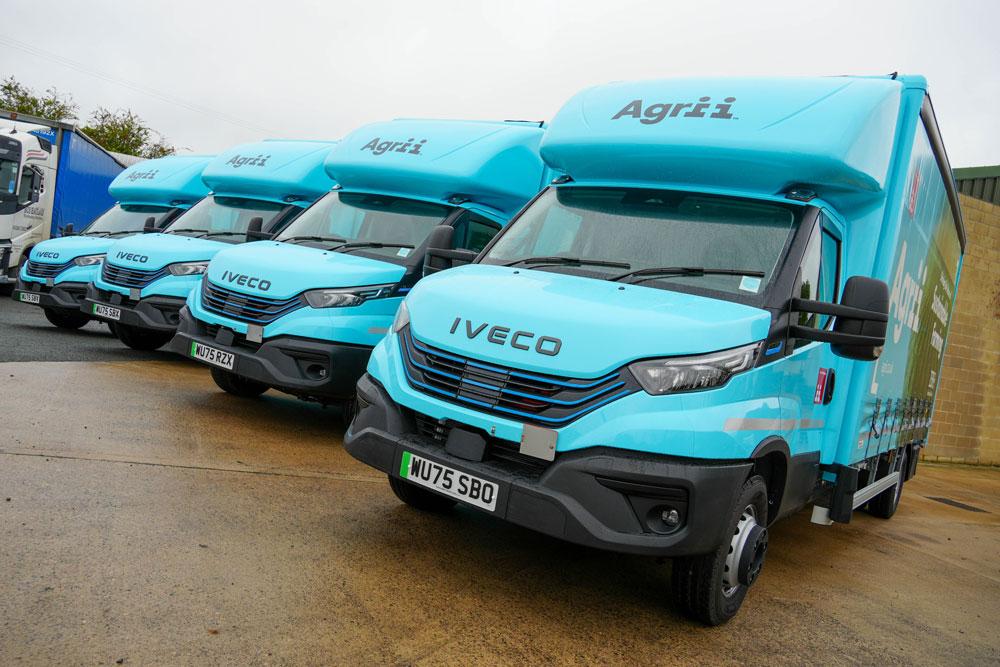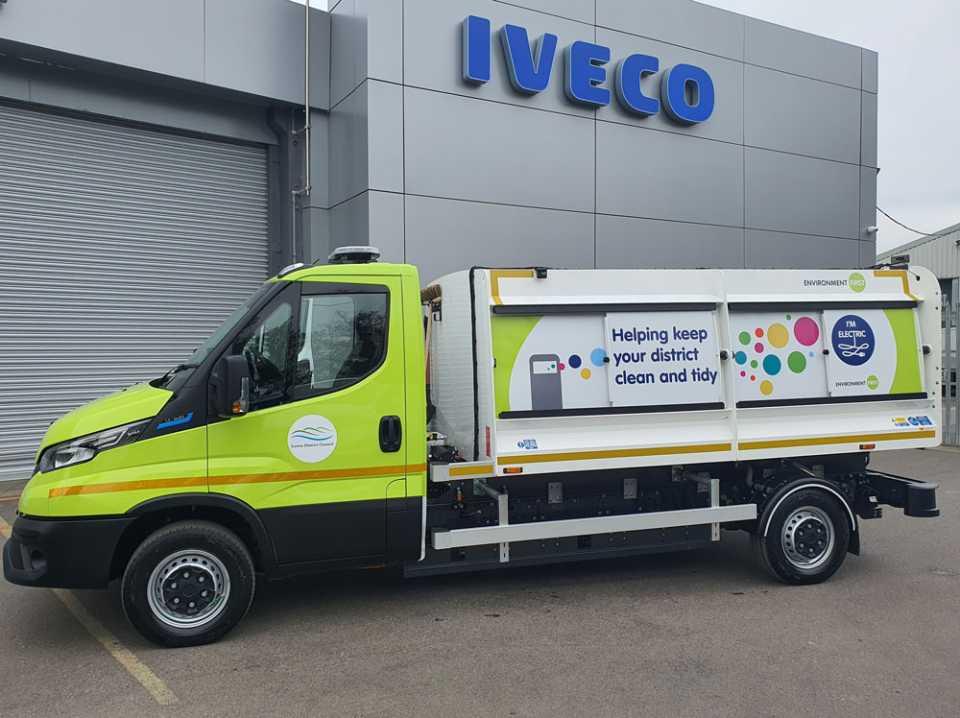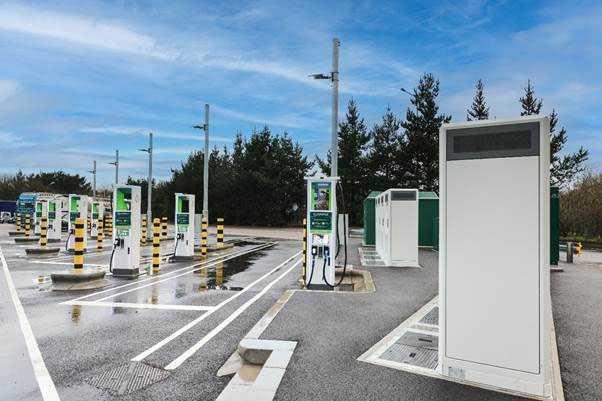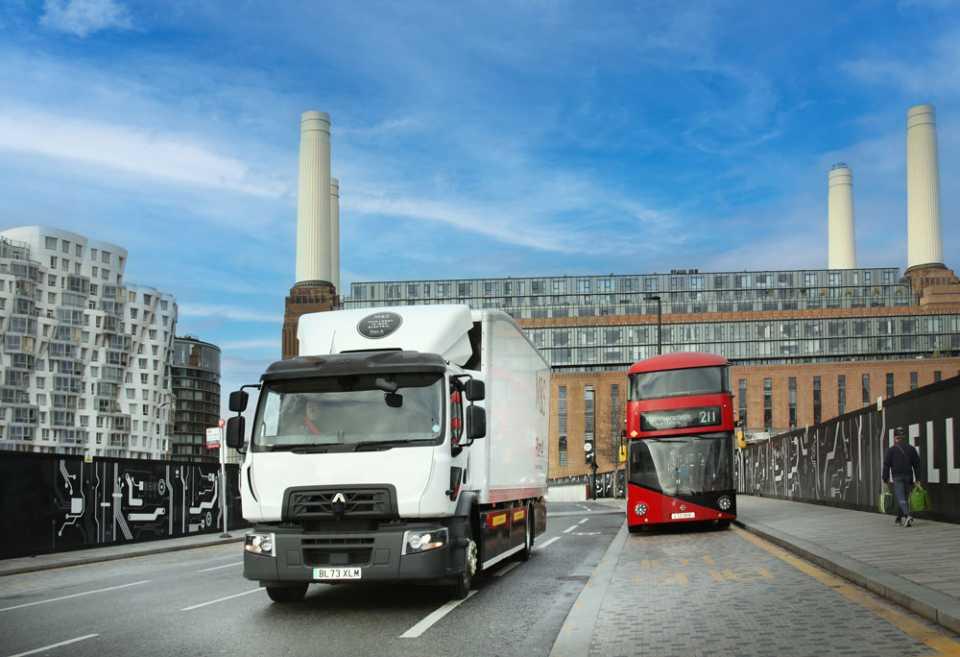Michelle Gardner, Head of Public Policy at Logistics UK outlines the changes to the government's the plug-in grant scheme and the potential impacts they may have on logistics businesses.
In response to the increase of plug-in cars, vans and motorcycles on our roads, the government announced that it has updated the plug-in grant scheme for zero-emission vehicles to target less expensive models. The aim of this is to allow the scheme’s funding to go further and help more individuals and businesses make the switch to electric vehicles (EVs). In this article I will outline the changes and the potential impacts they may have on logistics businesses.
With the sale of new diesel and petrol vans scheduled to be phased out by 2030 – new hybrid vehicles will still be available until 2035 – logistics businesses are determined to move to low and zero tailpipe emissions vans as swiftly and effectively as they can, with Plug-in Van Grant orders in 2021 over 250% higher than in 2020. Originally, the grant was capped at £8,000 for both smaller (below 2.5 tonnes) and larger vans (between 2.5 – 3.5 tonnes). This then changed in March 2021 to up to £3,000 for small vans and £6,000 for larger vans.
The most recent announcement, made in December 2021, further reduced the rates for the Plug-in Van Grant, capping it at £2,500 for small vans and up to £5,000 for large vans, with a limit of 1,000 per customer per year (the limit resets on 1 April each year). Logistics UK was disappointed to see reductions being brought in without notice and less than a year since the previous Plug-in-grant Rate reduction and believes that the decision to reduce the grants could be detrimental to the mass-transition. While the government aims to ensure a more sustainable grant scheme, reducing financial support at this time is unhelpful for a sector that is already working hard to decarbonise, while handling significant supply chain and cost pressures.
Logistics UK is however pleased to see that the grant limit for larger vehicles (those between 3.5 – 12 tonnes) will remain the same, following an initial reduction in March 2021. The industry is keen to decarbonise its operations, however the switch to zero-tailpipe emission vehicles must be financially viable across the sector and requires the government’s full support.






